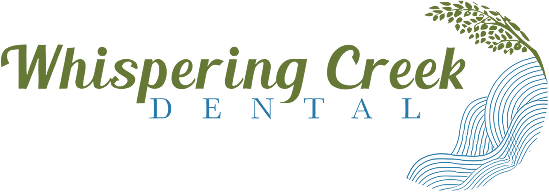4801 Southern Hills Dr, Sioux City, IA 51106, USA

If you already brush twice a day, floss regularly, and keep up with your annual dental check-ups, then you probably already know a thing or two about a smart oral care.
But these three little changes can make a big difference when it comes to your daily dental routine.
1. Swap out your toothbrush several times a year. Toothbrushes aren’t meant to last forever, and they do collect germs and get worn out over time. To get the most out of your daily brushing, make sure you’re swapping out your toothbrush every three to four months, or sooner if you notice that the bristles are starting to fray. It’s also a good idea to invest in a new brush after you’ve been sick so you don’t continue spreading germs around.
2. Get smart about the ingredients in your toothpaste. Most of the ingredients in your toothpaste are there to keep your teeth sparkling and gums healthy, but there are a few others you can do without. That’s why it’s smart to get used to reading labels.
- Colors and dyes. Synthetic colors and dyes are regularly added to toothpastes to make them more appealing to consumers, especially kids, despite the fact that they have been linked to allergic reactions, increases in behavior difficulties for people with ADHD, asthma attacks, headaches, nausea, and fatigue. These dyes are also synthesized from petroleum.
- Sodium lauryl sulfate (SLS). This chemical is often added to toothpaste, shampoo and other personal care products to make them foamy or bubbly. It also helps dissolve dental plaque as you brush. However, SLS also contributes to ulcers and mouth sores, aggravates the skin, and alters the pH balance in the mouth.
- Triclosan. While this common antibacterial agent is added to many popular toothpaste brands thanks to its ability to help fight gingivitis, some studies have also shown that it could contribute to antibiotic resistance and hormone disruption. The Environmental Protection Agency also lists it as a pesticide.
- Saccharin. Saccharin and other artificial sweeteners are added to toothpastes to make them taste better and encourage their use. Researchers have raised concern about the potential link between cancer and saccharin consumption, and it has also been known to cause allergic reactions, headaches, skin issues and diarrhea.
3. Brush up on your diet. Eating foods that nourish your teeth and gums is just as important as brushing and flossing. Load up on nutrient-dense whole fruits and veggies, and cut back on added sugars and carbs, as those types of food amp up bacteria production in the mouth. The same goes for sugary sodas and juices.
Posted on behalf of Whispering Creek Dental




